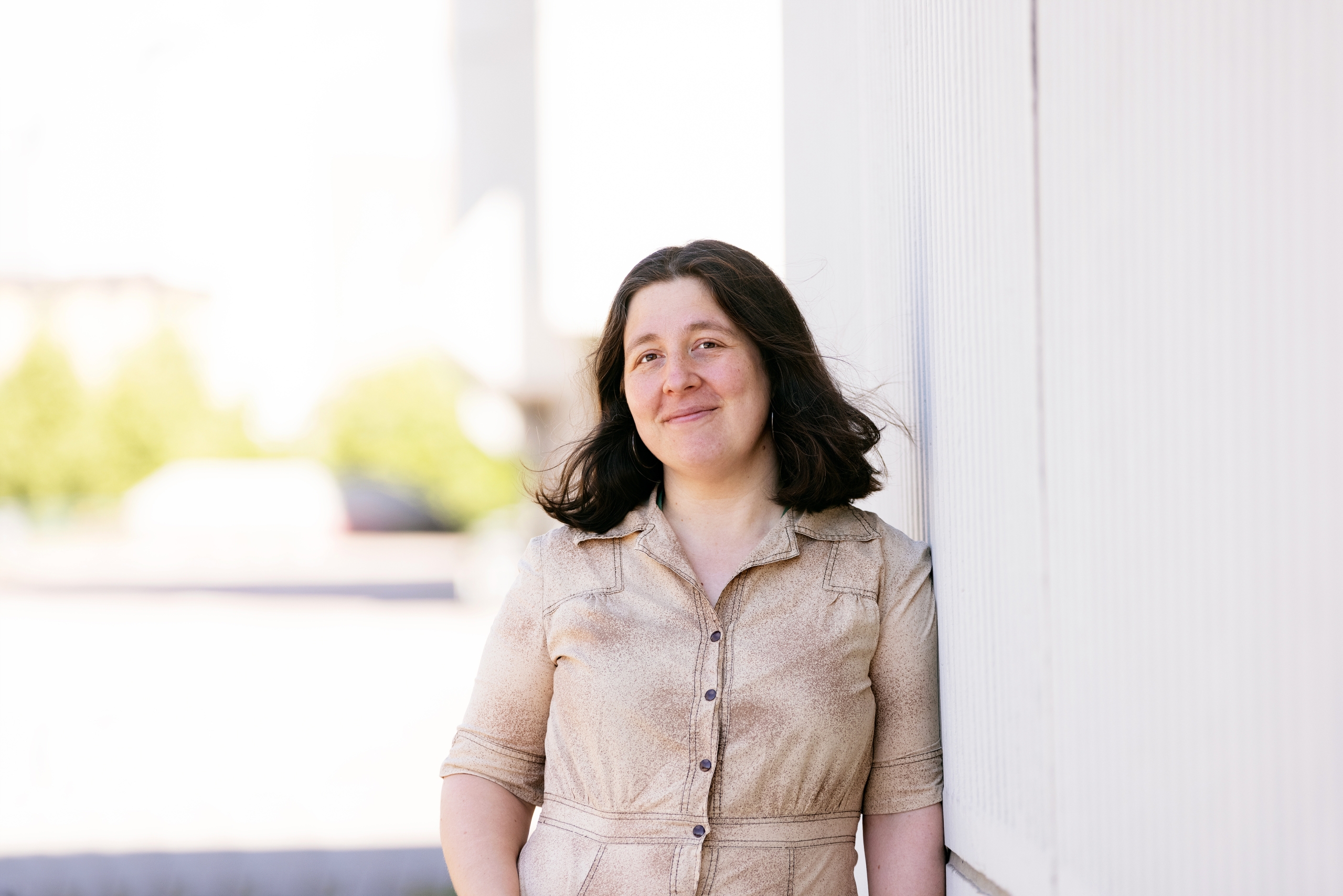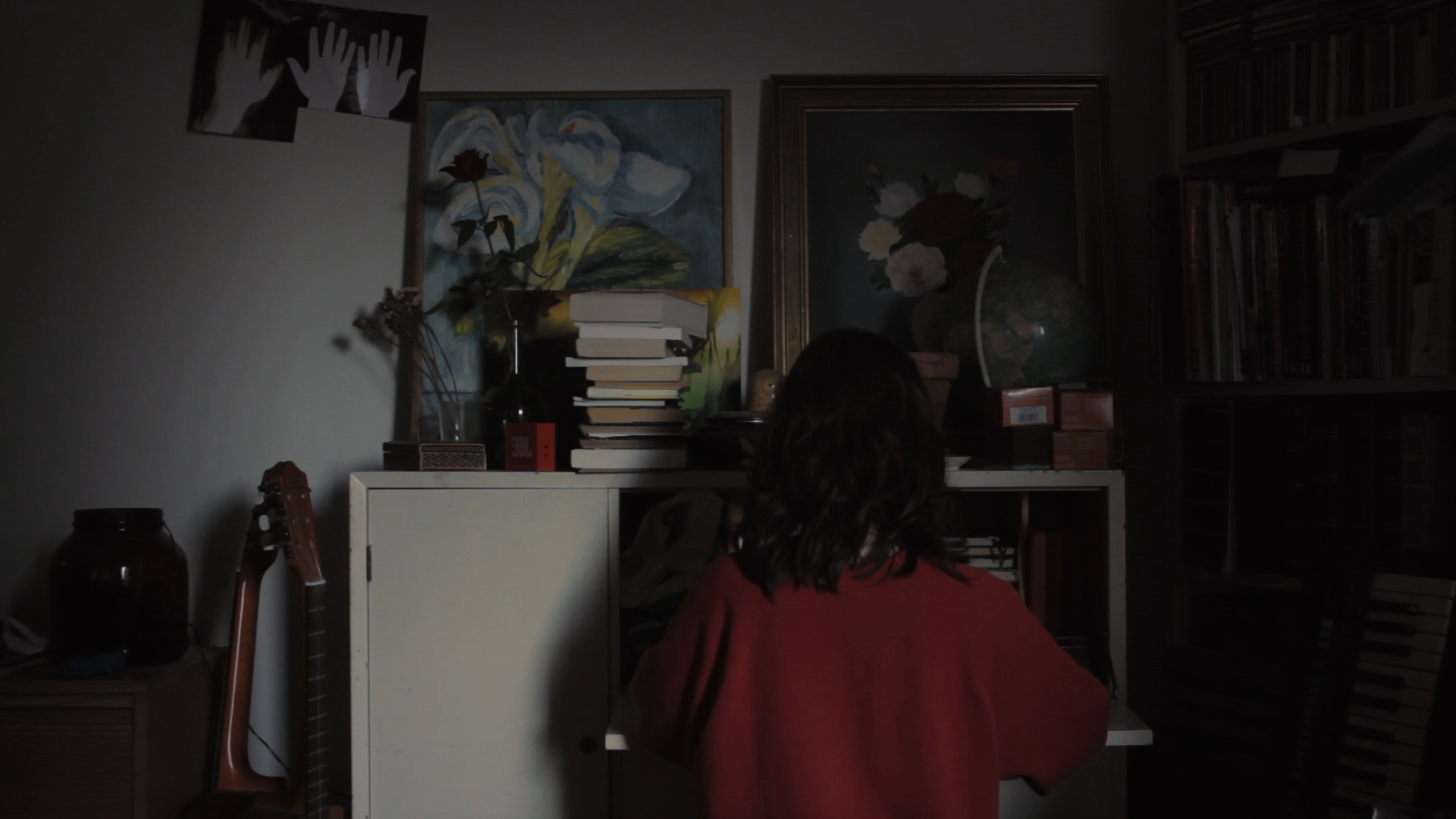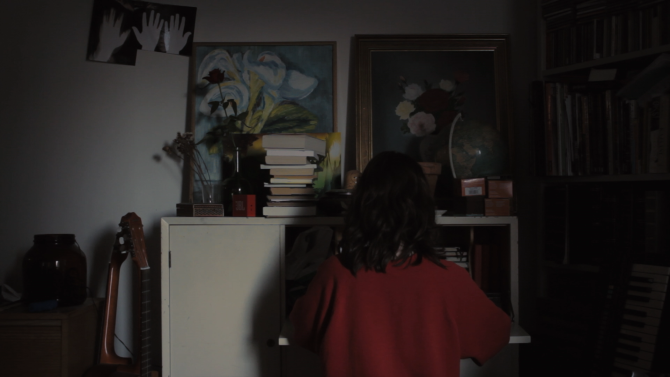
The jury praises media artist and filmmaker Azar Saiyar’s unpretentious expression and her ability to explore the connections between social phenomena and combine archival material with her own footage. The AVEK Award of €15,000 is granted annually in recognition of creative work.
Saiyar’s works explore issues such as transgenerationality, memory and learning, and the experiences of those who have left their homeland. For example, Laila’s Apple (2021) is a short film about childhood, growing up, learning and rules, based on interviews and a television archive film shot in a school classroom in 1964.
“The political nature of the works is rooted in autobiography, and the streams of thought they set in motion move through private spaces towards a shared and social experience,” the jury sums up in its justification statement.
Saiyar’s works have been shown at numerous Finnish and international festivals, on television and in solo and group exhibitions, including the International Short Film Festival Oberhausen, Helsinki Art Museum HAM and Mänttä Art Festival. Saiyar’s short film My Home (2022) was featured in Berlinale’s Forum Expanded series last February.
Saiyar’s works mix private and collective memory
Saiyar, who works in Helsinki, says that the AVEK Award is a very pleasant surprise for her.
“A great deal of fine, diverse media art is being created in Finland, and it reaches a wide range of audiences here and around the world. The annual AVEK Award makes media art and the methods of creating it more and more visible – also to people such as those decision-makers who might not otherwise have access to media art and experimental film,” says Saiyar.
Saiyar uses archives to combine images of private and collective memory in her works. In My Home, fragmented memories of childhood and adulthood blend together in a song that an unknown narrator is humming.
“I want things to feel effortless – that the work that goes into the works is not something that stands out as part of the viewing experience. I also like the idea of unnecessary work, putting effort into invisible things. This makes the work function with a logic other than that of maximising productivity or assigning value to work. Although these themes are not the subject of my works, they influence the way they are executed,” says Saiyar.
Learning from others and thinking together are important aspects of Saiyar’s creative process. She says that the works are created in dialogue with the artists in the working group. Conversations and time spent together with people close to her, such as family and friends, also influence the works.

Saiyar says that in her art she often takes on the role of the viewer and the audience, rather than the director. She explores subjects and locations that are “nothing special” and where things seem to be going well, as normal. She examines the hierarchies and power structures that are intertwined in them.
“I challenge the image and story by looking, listening and immersing myself in the details. I am interested in working on topics that do not originate from me or my own interests alone,” says Saiyar.
Saiyar is currently working on a piece based on the cassette tape recordings of her father, who emigrated from Iran to Finland in the 1970s. They include everything from family stories to Iranian radio programming from the time of the 1979 Iranian Revolution. In November, Saiyar will hold a solo exhibition at the Oksasenkatu 11 gallery in Helsinki.
AVEK Award
The AVEK Award is an accolade for creative work. The award, worth €15,000, can be granted to a creator or group that works in media arts or other audiovisual culture. This year marks the 19th time that the award was granted.
The jury included multi-talented audiovisual industry expert and chairperson of AVEK’s Board of Directors Erkki Astala; professor, media artist Salla Tykkä; and Arte ry’s executive director, curator Mirjami Schuppert.
Inquiries:
Jury contact person
erkki.astala(at)gmail.com
Media artist and filmmaker Azar Saiyar
azar.saiyar(at)gmail.com
azarsaiyar.net

